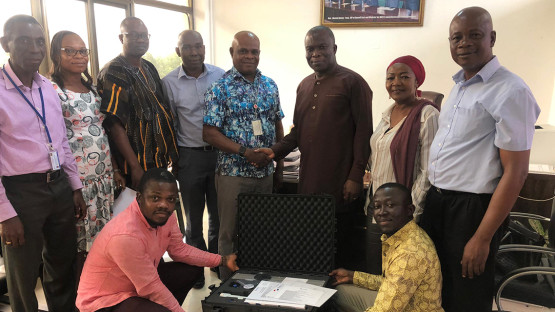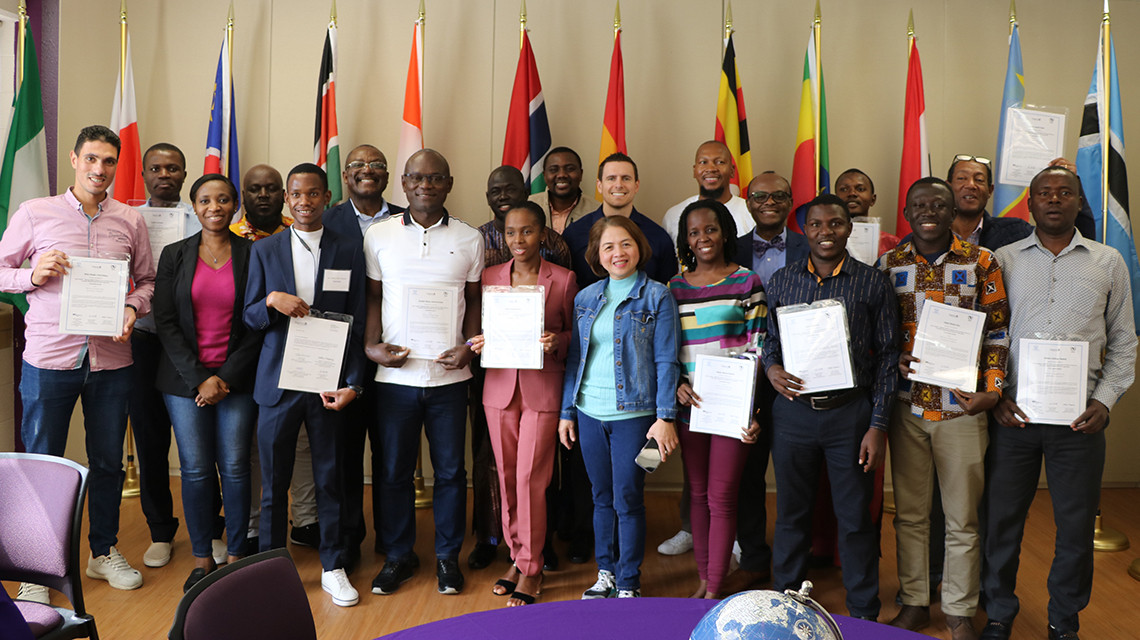Twelve schools across Africa have received educational science kits from the IAEA as part of an initiative to promote scientific exploration and inspire students.
The initiative aims to cultivate interest in nuclear science and technology among students and to provide a pathway for fostering innovation across the African continent, by encouraging students to pursue nuclear-related careers. This will eventually ensure a pipeline of qualified professionals and enable African countries to fully leverage the benefits of nuclear science.
Schools in Egypt, Ghana, Kenya and South Africa have already received the kits as a resource for teaching science and nuclear-related subjects in secondary schools. The aim is to spark children’s interest in nuclear science in the region by enabling them to conduct innovative physics experiments in the classroom.
"The kits contain a range of basic radiation detectors and are designed to introduce students to the detection of different types of radiation", Petr Sladek, an IAEA Nuclear Instrumentation Specialist said. The specifications for the kits was done by the IAEA’s Seibersdorf Nuclear Science and Instrumentation Laboratory, which also provided teacher training on their utilization. “This training empowers educators to give students hands-on equipment and laboratory exercises to deepen students’ understanding of the physical processes of radiation detection and the technical aspects of dosimetry,” he said.
Daniel Mireku OSEI, Physics Teacher at Presbyterian Boys Senior High School in Ghana said "Throughout my 11 years of teaching physics, I have always struggled to give my students any practical classroom experience in nuclear physics. But with this Nuviatech Instruments educational kit donated to us by the IAEA, I now have equipment that I can use to give my students practical experience in nuclear physics”.







